As the cost of legal tobacco products continues to rise through frequent increases in excise, serious and organised crime groups are taking advantage of the opportunity to make more illicit profits. Organised criminals view the illicit tobacco trade as low-risk and high-reward.
The amount of profit organised criminals make on just one container full of cigarettes, means that they only need one out of 30 containers to get through to still make a profit. While the profits are not as much as illicit drugs, the penalties are a lot less and the risk reward payoff is a lot more favourable to organised crime groups.
Intelligence on the Illicit Tobacco Taskforce’s (ITTF) operations over the first 3 years clearly indicates that serious and organised crime groups engage in illicit tobacco importations to generate profit and use it as a platform for further illicit activities including drug importations, and terrorism.
Eight men were charged in 2017, after detectives investigating terrorism funding uncovered an illicit tobacco importation syndicate operating in Sydney’s south-west.
In November 2017, detectives from the NSW Police Force’s Terrorism Investigation Squad and investigators from the Australian Criminal Intelligence Commission (ACIC) established Strike Force DeHaar to investigate terrorism funding in NSW.
As part of their inquiries, strike force officers uncovered an organised criminal syndicate involved in the importation of illicit tobacco, drug supply, and large-scale money laundering.
Illicit Tobacco Taskforce
The ITTF was established 1 July 2018 to investigate, prosecute and dismantle international organised crime groups who use the proceeds of illicit tobacco to fund other criminal activity, as well as ensure the appropriate revenue is paid to the Australian Government. Since then, the ITTF has seized and destroyed more than 264 tonnes of illicit tobacco and more than 540 million cigarettes. In the last 3 years, there is an estimated loss of revenue to the Commonwealth of more than $870 million.
The ITTF model brings together a range of Commonwealth agencies with distinct, but complementary powers and functions, to work collaboratively to protect Commonwealth revenue and enhance border protection. This approach has led to a comprehensive evolution in the ITTF’s understanding of the illicit tobacco market, including overseas sourcing, importation, distribution, manufacturing and domestic cultivation which has seen year on year increases in undeclared tobacco detections.
The ACIC’s role in the Illicit Tobacco Taskforce
The ACIC provides intelligence, investigation and operational capability support to target the illicit tobacco market. Our intelligence activities focus on:
- domestic manufacturing capabilities
- illicit tobacco importation, distribution and associated money laundering
- identification of source countries, capabilities and involvement of serious and organised crime groups.
We use our four pillars of core collection capability—coercive powers, technical intelligence capability, human intelligence capability and data analytics capability to target organised crime syndicates involved in the illicit tobacco market. These core capabilities are interconnected and are used to derive maximum strategic insights to inform disruption strategies and opportunities. We use our suite of intelligence collection tools, including coercive examinations to understand where the risks are and how trusted insiders are facilitating serious and organised crime.
With the ITTF and Australian Border Force Joint Strike Teams, ACIC continues to target organised crime networks involved in illicit importation, facilitation and distribution of illicit tobacco. ACIC’s previous contribution to the task force has led to significant disruption of Chinese and Middle Eastern illicit tobacco networks.
Trends in nicotine consumption from the National Wastewater Drug Monitoring Program
Nicotine consumption has been monitored since the National Wastewater Drug Monitoring Program (the Program) commenced in August 2016. Nicotine consumption in ACIC wastewater reporting may also be derived from nicotine replacement products, such as gums and patches. Consumption of nicotine has been substantially higher in regional areas compared to capital cities throughout the life of the Program and variable between sites. Nicotine use nationally has only fluctuated within a relatively narrow range during the course of the Program, as highlighted in figure 46 of the 15th report.
Michael Phelan
Chief Executive Officer
Australian Criminal Intelligence Commission
